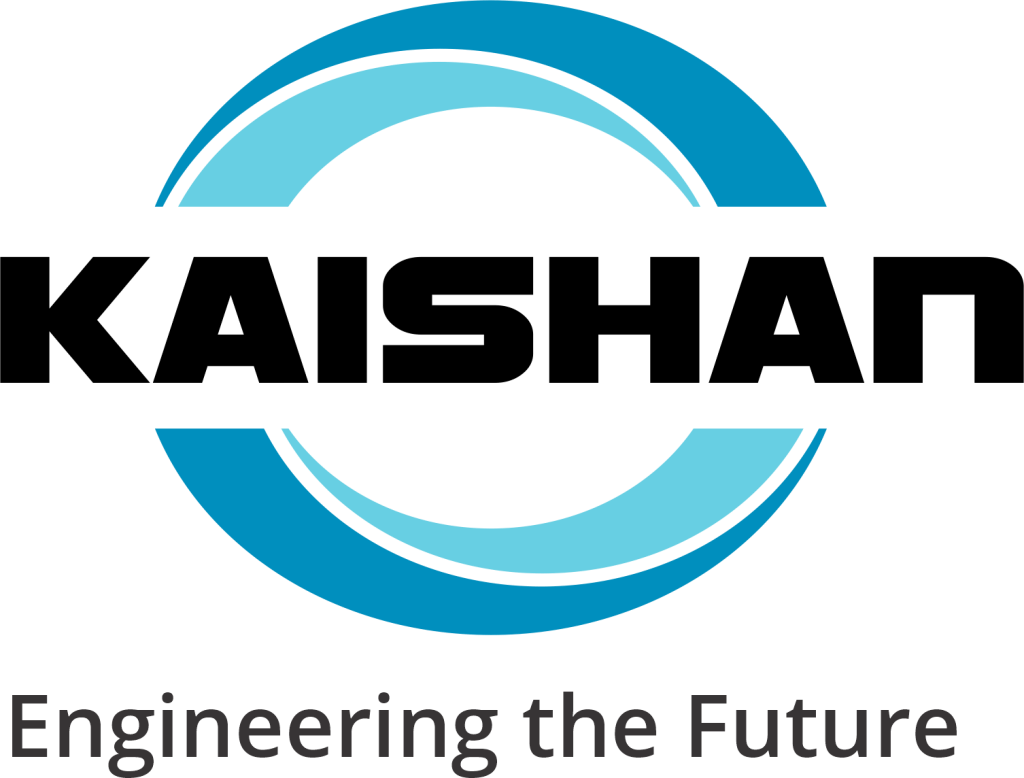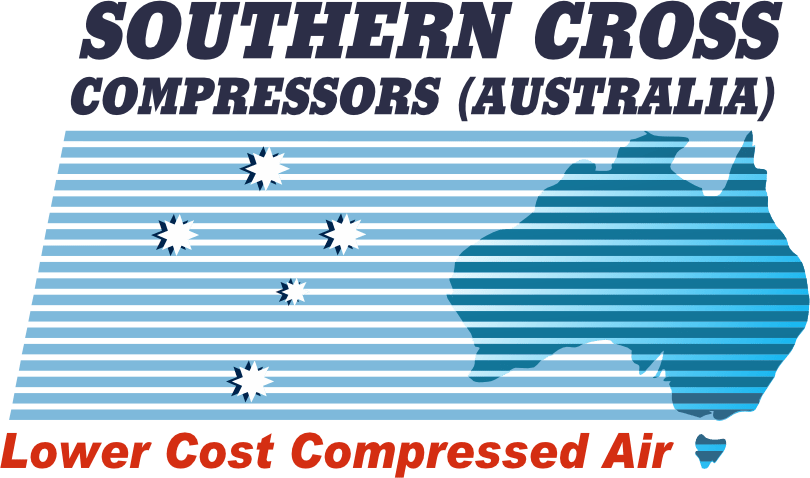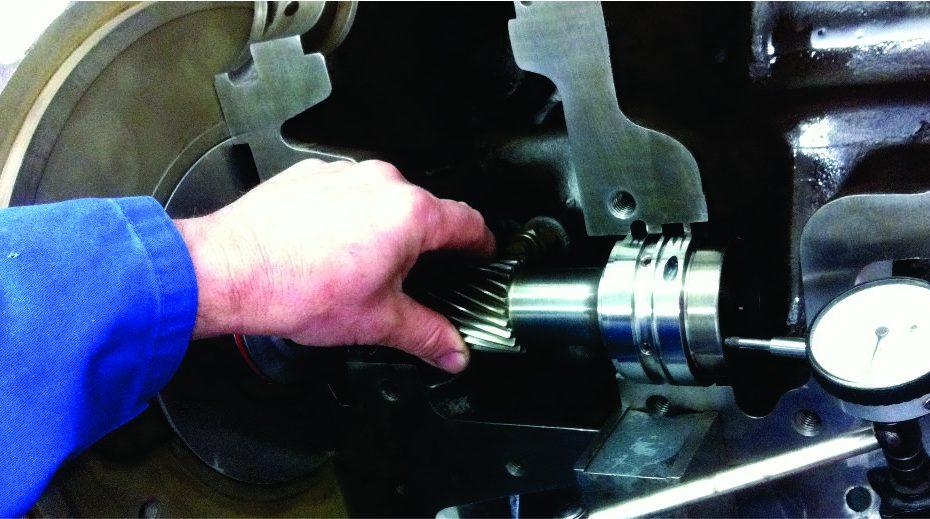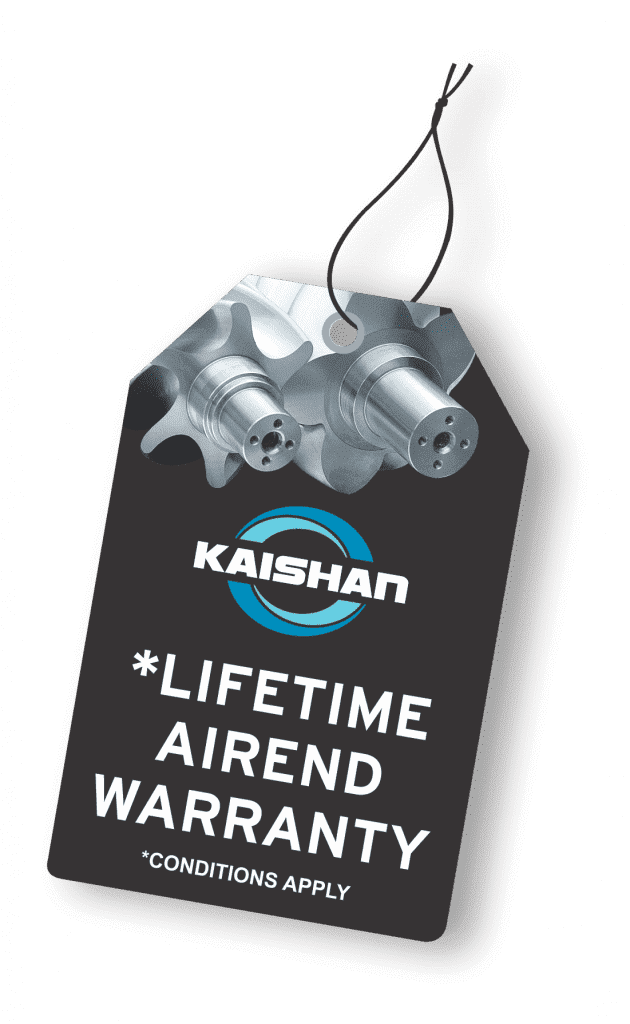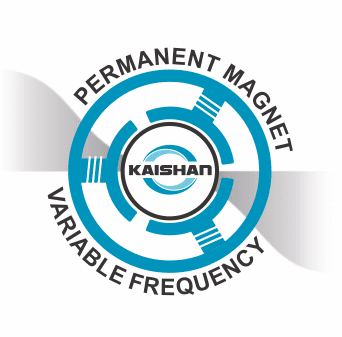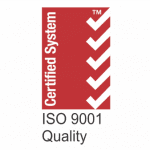“Whilst compressed air power is vital to virtually every industry, it is an expensive business investment. With continuous usage in high performance operations, it is commonplace for required compressor regular maintenance to fall behind or be forgotten”; Stated Craig Moyle, National Service Manager, Kaishan Compressors.
With extensive use, all machinery can develop minor wear and tear issues that affect the efficiency of the output. When such issues are left unattended, they can develop into major problems causing unnecessary down time or complete breakdown.
A regular, professional maintenance program can alleviate major issues and ensure the compressor and the entire system continues to operate at peak performance with minimal production disruptions and input energy loss. Correct maintenance procedures will ensure the longevity and functionality of your compressed air system.
The following points out some of the regular maintenance required to keep the system operating at maximum efficiencies for a much longer life.
CHECK OIL QUALITY AND QUANTITY
For oil lubricated compressors it is imperative that the required oil level is maintained and replaced at intervals as per specifications. High grade synthetic oils are available specifically for air compressors. In hot operating conditions, old oils can lose viscosity, inhibiting the performance of the lubrication throughout the machine. In colder conditions, moisture can affect the oil, resulting in a sludge that can damage compressor components. Operating air compressors without the right level or quality of lubricant will ultimately lead to machine breakdown.
REPLACING AIR FILTERS
Over time with regular use, all air filters will collect moisture, dust and air born contaminants which is exactly what they are meant to do. Dirty and clogged air filters can severely affect the performance of the compressor efficiency and system output. The medium should be removed, and the compressor totally cleaned before relacing with a new filter element.
MANAGING CONDENSATION IN THE TANKS
Depending on air quality and humidity, moisture can be condensed from the air into the compressor lubrication system. If this moisture is not removed, the oil can become sludgy and moisture can also damage machine bearings. Excess moisture should be regularly removed through the tank drain valve. Ensuring the compressor operates at its correct temperature is also critical in removing moisture.
CHANGING OIL SEPARATOR
During the compression process, outside contaminants such as water vapor and minute dust particles are ingested into the compressor bypassing the intake filter. Once the air is compressed through the compression process, the particles are collected in the coalescing oil separation element. Because the dust build up on the element over time caused a small pressure drop, the compressor has to work harder to maintain system pressure thereby using excess power.
Relacing the internal separator element in the air compressor is critical in maintaining good air quality and in reducing absorbed power.
Poorly maintained air compressors could be damaged by contaminant build-up during operation. Oil-water separators effectively optimise compressed air systems while maintaining compliance with environmental industrial waste disposal regulations. After around 1000 hrs of operation, oil separator must be removed, fully cleaned and the charcoal filter replaced with a new one.
FOLLOW A ROUTINE MAINTENANCE SCHEDULE
It is important to ensure that you follow the air compressor maintenance schedule outlined in your user manual, including ensuring your air compressor is serviced by a professional at least once every twelve months. The more regular the service, the more peace of mind that your system will operate at peak performance day in day out.
To assist in maintaining that peak performance, you should also follow regular preventive maintenance measures.
On a daily basis, you should check the belts, (if applicable oil levels and air leaks, drain the water in the tank, and lastly, check for vibration and other irregular noise.
Have external air filters cleaned and relaced at least once a week
Perform monthly Inspections of the belts, bolts, hoses, as well as the safety relief valve.
WORKING WITH PROFESSIONAL COMPRESSED AIR TECHNICIANS
Whilst you can carry out routine in-house inspections and maintenance, you will find that engaging professional compressed air technicians to perform regular preventative and maintenance servicing of your compressor and delivery system will give you peace of mind.
These industry professionals can conduct comprehensive system checks to ensure your compressor and system is running at maximum efficiency. This included leak detection from conduits, components and connections within the circuit. Leaks typically reduce output by around 25% in poorly maintained systems.
Kaishan Australia deploy a fleet of highly trained mobile technicians with a wide experience in compressed air systems and applications. They can also work with you to provide a maintenance program that ideally suits your needs and schedules.
